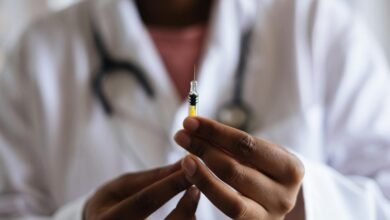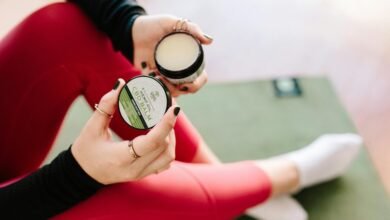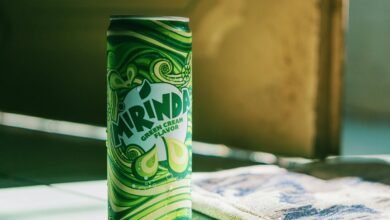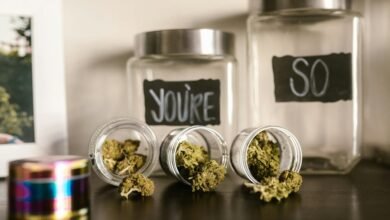Is Cbd Drug Tested
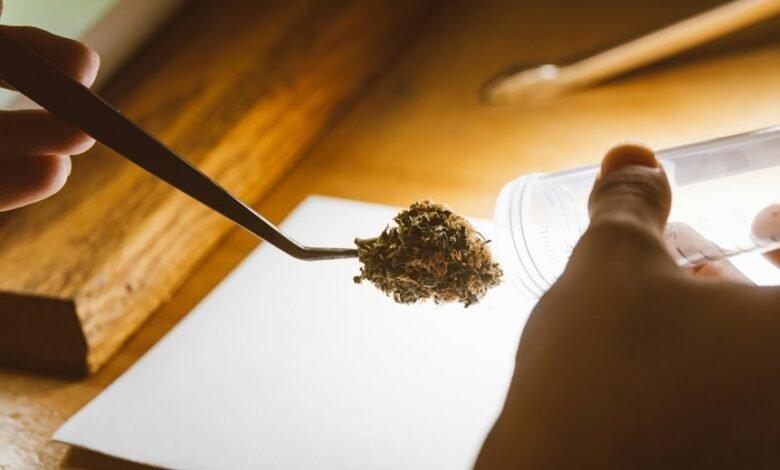
The relationship between CBD and drug testing remains a complex issue. While CBD itself is generally not a target in drug tests, the presence of THC in certain products can lead to positive results. Additionally, the risk of false positives exists, particularly with high doses of CBD. Understanding the nuances of these substances is vital. What factors contribute to this uncertainty, and how can consumers navigate the risks involved?
Understanding CBD and THC: Key Differences
Although both CBD (cannabidiol) and THC (tetrahydrocannabinol) are derived from the cannabis plant, they exhibit distinct chemical properties and effects.
CBD benefits include potential relief from anxiety, inflammation, and pain without psychoactive effects, while THC effects can induce euphoria, relaxation, and altered sensory perception.
Understanding these differences is crucial for individuals seeking therapeutic options or exploring personal freedom in cannabis use.
The Legality of CBD: What You Need to Know
As the popularity of CBD continues to rise, understanding its legal status has become increasingly important for consumers and retailers alike.
CBD legality varies significantly across states, with some allowing its use freely, while others impose strict regulations.
Consumers must stay informed about local laws and state regulations to ensure compliance and make educated choices regarding CBD products.
Drug Testing: How CBD Is Treated
Understanding the legality of CBD is only part of the equation for consumers, especially for those subject to drug testing.
Testing protocols may detect CBD metabolites, particularly if the product contains THC. This raises concerns for users, as even trace amounts of THC can result in a positive drug test.
Consumers should be aware of these factors to make informed decisions regarding CBD use.
Navigating the Risk of False Positives in Drug Tests
How can consumers mitigate the risk of false positives in drug tests while using CBD products?
To enhance testing accuracy, individuals should opt for high-quality, third-party tested CBD products, ensuring they contain negligible THC levels.
Additionally, maintaining transparency with employers about CBD use and consulting healthcare professionals can further reduce the likelihood of false positives, safeguarding personal freedom without compromising health.
Conclusion
In conclusion, while CBD itself is unlikely to show up on drug tests, the presence of THC in certain products can lead to unexpected results. Consumers must be vigilant in choosing high-quality, third-party tested CBD options to mitigate the risk of failing a test. As the landscape of cannabis regulations evolves, awareness and caution are paramount—navigating this complex terrain can feel like walking a tightrope over a sea of uncertainty.



